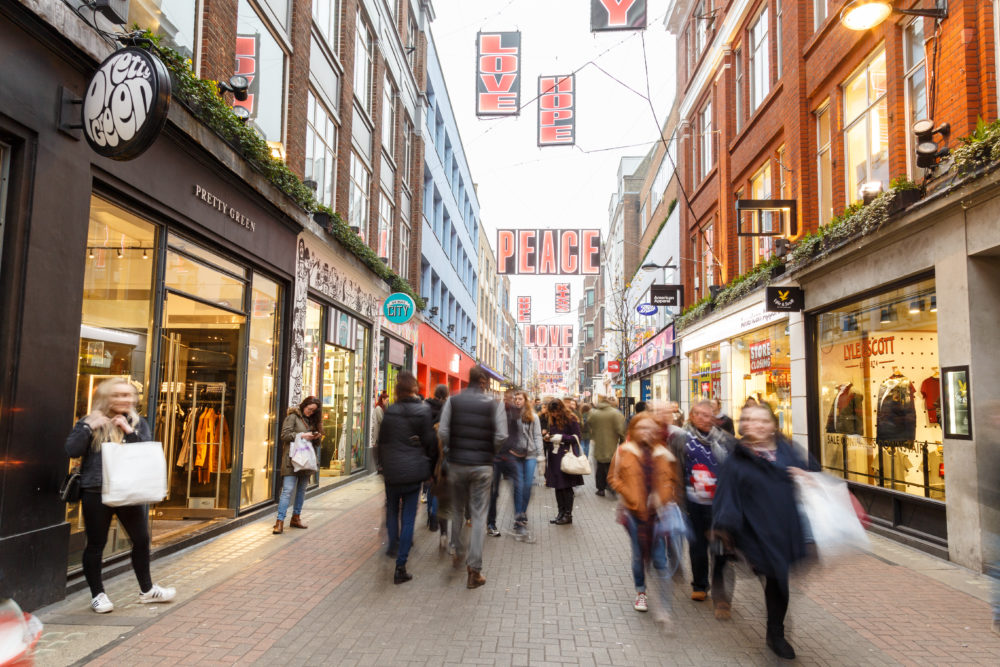High Street is the most common street name in the UK and refers to the primary business street of villages, towns and cities and acts as the heart of any British town.
However, it appears that the traditional British high street may soon become obsolete, with more and more shops closing without being replaced. Both independent and chain stores are feeling the brunt. In the past ten years, Brits have seen a number of their favourite shops close their doors.
Notably, the 100-year-old Woolworths in 2008, Blockbusters in 2013, and more recently BHS that went into administration last year. Statistics collated from online retailer OnBuy.com finds the vacancy rate for shops is currently 13.3 per cent in seven shops are currently boarded up.
In the first six months of 2016, 2,656 shops closed on Great Britain’s high streets, a rate of 15 a day, and more shops closed than opened. Factors such as competition from online retailers, high rental fees and a shortage of parking spots near to a high street all contribute.
Furthermore, research finds that Brits aren’t as fashion conscious as they used to be. Despite this, people are still spending money on other products, albeit in different ways.
One prominent reason for the decline is the takeover of online shopping. Online shopping has increased by 8 per cent from 2015, and 77 per cent of Brits claim to have done shopping online at least once; 24 per cent increase since 2008. Clothing and sporting goods are the most purchased products online, making up more than half of all purchases, and those aged 25-34 are making the most purchases.
Shoppers continue to be driven away from Britain’s town centre’s by restrictions on parking. Motorists have complained about the rising charges, fewer spaces and spaces that are too small. Brexit has also pushed an unprecedented uncertainty onto businesses, regarding the future of stocks, shares, interest rates and the value of the pound which may cause a drop in confidence and therefore sales.
‘I do my shopping at shopping centre’s and retail parks, rather than my local high street. There aren’t many clothes shops for starters, and the ones we do have are too small and do not have a lot of stock to choose from. It’s also far easier to park in a shopping centre, rather than parking on the high street which is a nightmare! Overall, I prefer shopping online. You don’t have to wait around in long queues and it’s far quicker and stress-free. Also, I find you can get more deals online,’ says Kate, 27, West Sussex.
Cas Paton, managing director of Onbuy has comments, ‘People love the ease and confidence of selling and buying online now. We allow traders to sell stock at a competitive price. It’s also beneficial for the customers as well, considering we are a marketplace, they can compare prices from different retailers. Shops on the high street need to adapt if they want to compete with online retailers and therefore survive in today’s digital age.’





